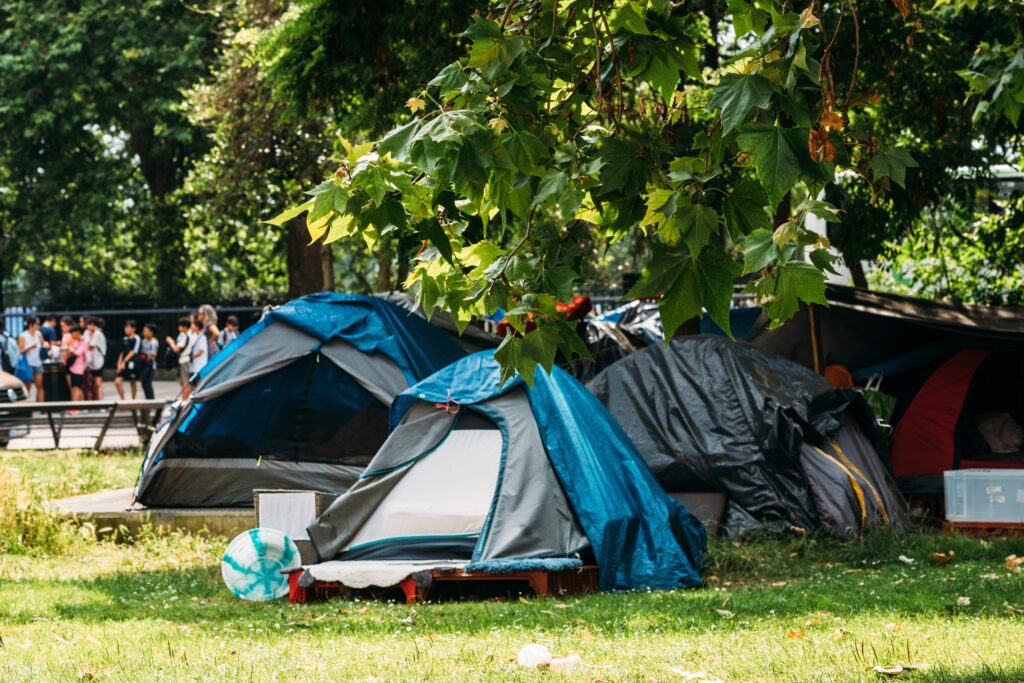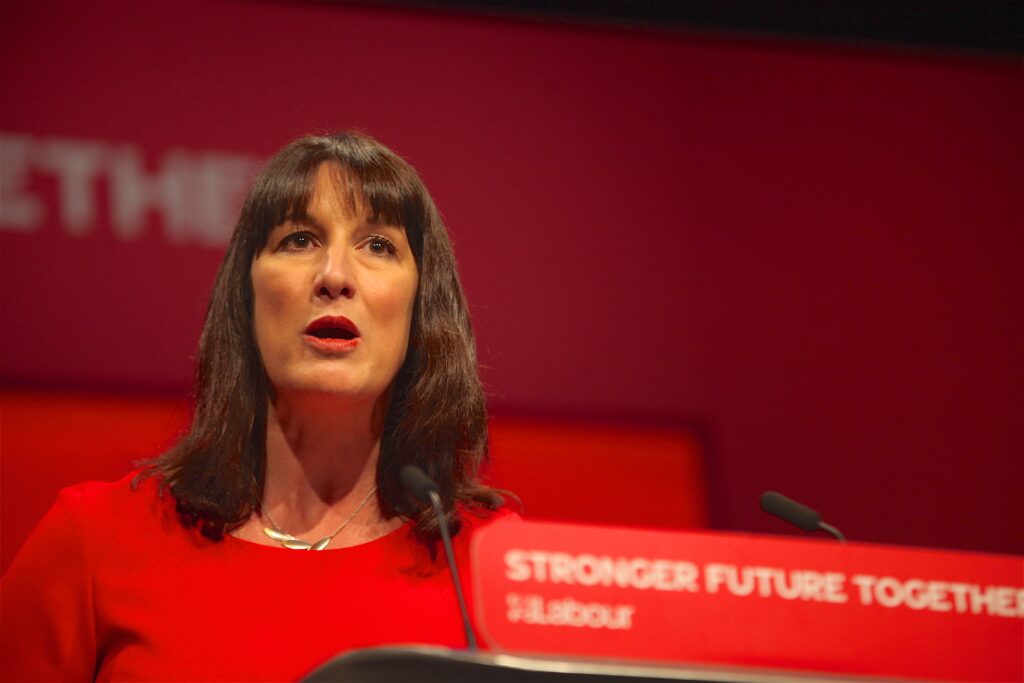More than a third of private renters have used some form of credit to pay their rent, according to survey data commissioned by debt charity StepChange.
Figures commissioned by the charity through YouGov found that:
- Over a third (38%) of private renters have used some form of credit to afford their rent, this compares to (20%) of mortgage holders
- Over a quarter (27%) of private renters have used savings in order to afford rent in the past 12 months. This has increased by seven percentage points from May 2023 (20%)
- A quarter (23%) of private renters have rationed the amount of heating, electricity or water to afford rent in the past 12 months. This has increased from 20% in May 2023
- Over half (51%) of private renters say they’ve found it difficult to keep up with bills and credit commitments in the past few months, compared to one third (33%) of the general population
- 17% of renters are in ‘problem debt’ compared to 8% of the general population
Meanwhile data from the Office for National Statistics show a steep rise in private rental prices over the past 18 months, recently reaching their highest levels since records began. This is echoed in the polling which shows that over half (56%) of private renters said their rent had increased in the past 12 months.
With such a high proportion of private renters facing unaffordable rents and increasing financial difficulty, particularly in comparison to people in other housing tenures, few feel able to speak to their landlord about their financial situation. The figures reveal that only 19% of private renters would speak to their landlord if they were struggling to pay rent, as opposed to 54% of mortgage holders who would speak to their mortgage lender if they were struggling with mortgage payments.
StepChange is calling for rent arrears to be made a discretionary rather than mandatory ground for eviction, allowing courts to consider a tenant’s individual circumstances when they fall into rent arrears and to intervene where landlords have not taken sufficient steps to support them.
The charity also wants to see a new Pre-Action Protocol for possession claims by private landlords, setting out reasonable steps landlords should take to support tenants in arrears before making a possession claim, such as affordable repayment plans.
Richard Lane of StepChange said: ‘Amid a crisis of housing affordability that continues to intensify, tenants in the private rented sector remain among the groups with the least protection from problem debt and destitution.
‘Our figures show that private renters are more likely than mortgage holders to be struggling with bills and credit commitments, and more likely to rely on credit to pay their rent, yet they feel unable to reach out to their landlord for help if they’re in difficulty. For a private renter experiencing financial insecurity, there is little to protect them from eviction if they fall into rent arrears.
‘While we hope the government will follow through with its commitment to strengthen protections for PRS tenants through the Renters (Reform) Bill, especially through the end to Section 21 evictions, these proposed reforms alone will fail to prevent the most financially vulnerable tenants from losing their homes.
‘Having mandatory protections in the PRS that mirror what already exists for social housing tenants and mortgagers would create a fairer and more sustainable system for private renters, which is especially vital as the cost of living crisis rages on.
‘Housing law and policy are years behind the reality of a private rented sector where landlords are poorly placed to deal with the needs of struggling vulnerable tenants. Alongside legal reforms the government must ensure that effective support is in place to help people stay in their homes without the constant fear of debt or eviction.’
Image: Sophie Dupau

















Leave a Reply